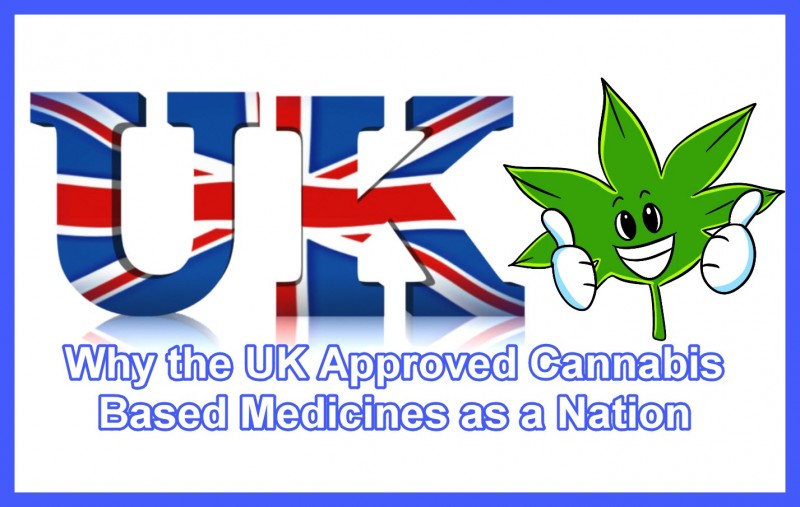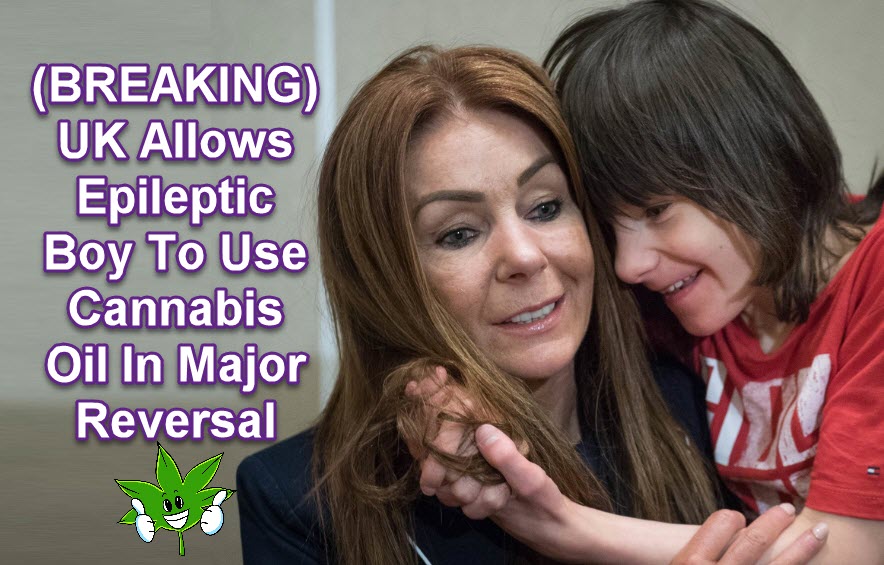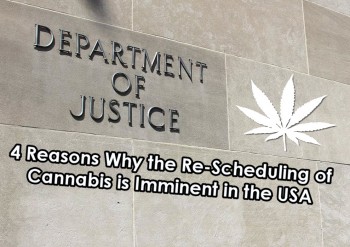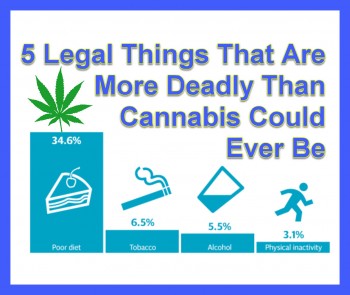Why Cannabis-Based Medicines Got The Thumbs-Up in the UK
The United Kingdom government has just announced that laws regarding access to cannabis-based medicine will be relaxed, finally allowing doctors to prescribe them to the thousands of citizens with drug-resistant conditions, says home secretary Sajid Javid.
Javid says that cannabis will undergo a review to be reclassified as a Schedule 2 substance according to the 2001 Misuse of Drug Regulations, which will legally allow clinicians to prescribe them by autumn this year. The Advisory Council on the Misuse of Drugs (ACMD) has carried out the 2nd part of the review, which decided on the proper scheduling for the drugs according to a balance on both risks and health benefits. “At present, cannabis-derived products can vary greatly in their composition, effectiveness and level of impurity,” says Dr. Owen Bowden-Jones, ACMD chair. “It is important that clinicians, patients and their families are confident that any prescribed medication is both safe and effective,” he added.
Cannabis has been listed as a Schedule 1 drug in the UK, which means that it is considered to have zero therapeutic benefits, and it is illegal to prescribe or possess the drug. It may be used for research purposes but only with a license obtained from the Home Office.
Javid’s decision came after both Dame Sally Davies, chief medical officer for England, and the government’s official drug advisers, concluded that there is evidence that cannabis can effectively treat certain conditions. These decisions followed a few highly publicized cases of cannabis oil being denied as treatment for children, namely Billy Caldwell and Alfie Dingley; both of whom have certain forms of epilepsy.
According to Javid, “Recent cases involving sick children made it clear to me that our position on cannabis-related medicinal products was not satisfactory. This will help patients with an exceptional clinical need, but is in now ay a first step to the legalization of cannabis for recreational use.” Although Javid commissioned the reviews, it received some criticism from the approach, although it is supported by senior police officers and Conservative leader William Hague.
The next step will involve the drafting of a clear definition for cannabis-derived medicines by the Department of Health and the Medicines and Healthcare products Regulatory Agency (MHRA) so that there is no confusion about what actually constitutes it.
Currently, the UK is the world’s biggest producer and exporter of cannabis-derived medications. GW Pharmaceuticals, a local company, is a pioneer in the development of these drugs. They are responsible for developing Sativex, a cannabis-based medicine for multiple sclerosis. Epidiolex, another GW Pharmaceuticals product for epilepsy, just became the first cannabis-based drug to be approved by the US government. Advocates hope that businesses, the MHRA, and the government will coordinate efforts to provide patients with the medicine they need although there are concerns that there may be delays in developing them. However, they are already available abroad based on similar requirements.
Based on the ACMD report, raw cannabis flower whose composition is unknown should not be prescribed. This means that Sativex and Epidiolex could be among the first cannabis-based drugs to be prescribed according to the new licensing regulations.
According to Professor Mike Barnes, a clinician responsible for successfully applying for the license needed to get Dingley his medicine, he hopes that the new regulations from the government would not make access to cannabis too restrictive. “I hope medical cannabis will be available very soon to help the many tens of thousands of people who benefit from the medicine but are currently deemed criminals,” he says. “I hope the government will not make the regulations too restrictive but sensibly open up the way to make good quality, safe cannabis available on prescription.”
“The recent case of Alfie Dingley and other children, whose epilepsy responded to full extract cannabis oils containing CBD and THC, shows that the matter is complex and that some children seem to respond maximally to a low dose of THC and higher doses of CBD,” Barnes wrote. “A recent Cochrane systematic review of 23 randomized controlled trials confirmed that the anti-emetic properties of ‘cannabinoids’. Patients were five times more likely to report complete absence of vomiting against placebo.”
“Several reviews have assessed the efficacy of various cannabinoid preparations for the management of chronic pain. One review found eight studies and concluded there was ‘moderate quality’ evidence of efficacy against placebo to support the use of cannabinoids,” Barnes said.
Why England Approved Marijuana Based Medicines as a Nation from CannabisNet on Vimeo.
OTHER STORIES YOU MAY ENJOY...
UK CANNABIS FOR EPILEPSY IS HUGE REVERSAL, READ THIS.
OR..
UK CANNABIS LAWS ABOUT TO CHANGE, CLICK HERE.








